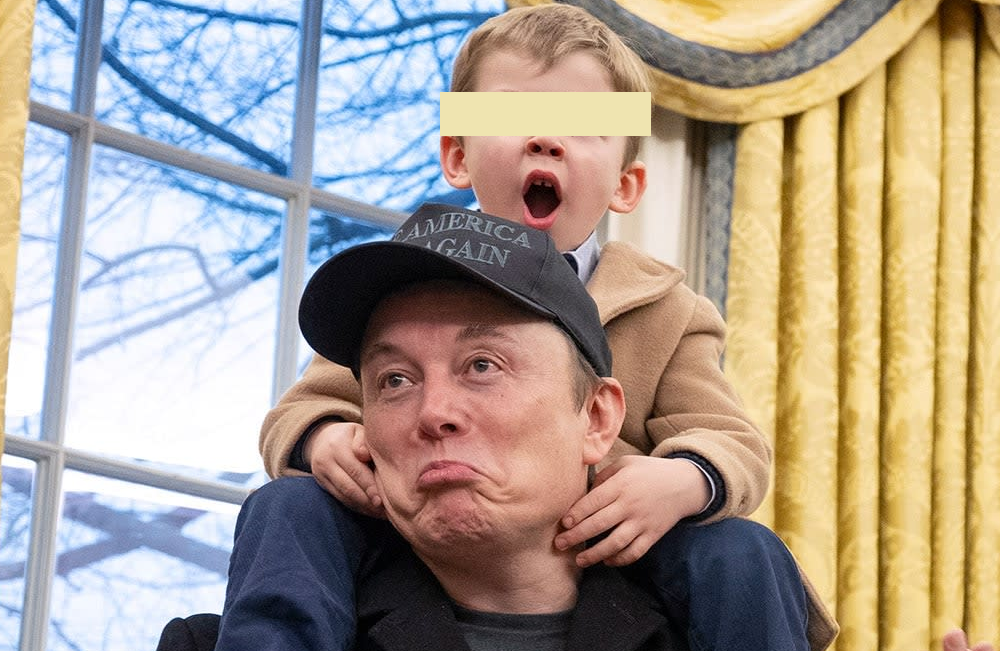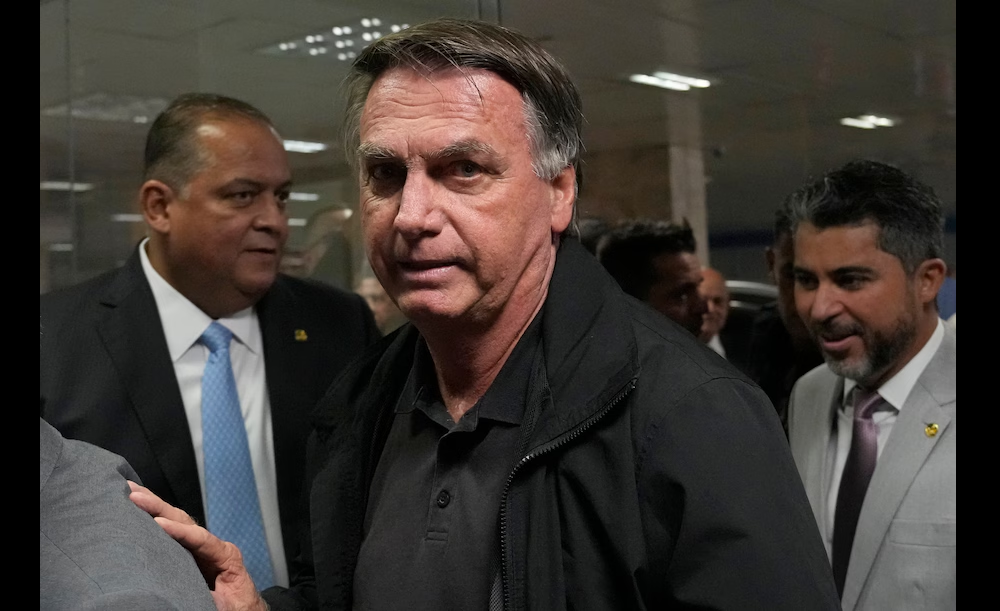Lior Ben Ari - ynetnews.com/ 26-09-2025
World headlines highlight empty chairs and Netanyahu’s hard line UN address
Prime Minister Benjamin Netanyahu’s 41-minute address to the UN General Assembly drew global attention less for his remarks than for the delegates who walked out, with world media emphasizing both the mass exit and his defiant tone
Prime Minister Benjamin Netanyahu delivered a 41-minute speech at the UN General Assembly on Friday, but the headlines across the world were not about what he said. Instead, they focused on the mass walkout by envoys from several countries just before he began speaking.
The images of diplomats leaving the hall quickly spread across international and Arab media, overshadowing Netanyahu’s remarks on Gaza, Hamas and Palestinian statehood.
CNN led its coverage with: “Representatives walk out during Netanyahu speech.” The network posted video of the departures and noted that Netanyahu nevertheless pledged in his remarks to “finish the job” of eliminating Hamas in Gaza. Another CNN headline highlighted Netanyahu’s claim that he had addressed both hostages and Hamas through loudspeakers set up in Gaza.
In Britain, The Guardian ran the headline: “Netanyahu vows to ‘finish job’ in Gaza during UN speech as delegates walk out.” The outlet published its report alongside a looping GIF showing the envoys leaving the chamber and noted that Netanyahu promised Israel would continue its war until Hamas is defeated. In a separate headline, The Guardian also stressed the unusual broadcast of his remarks: “Israeli loudspeakers broadcast Netanyahu’s speech to U.N. into Gaza.”
The Daily Mail did not place Netanyahu’s speech in its main headline, but tied its coverage of the walkout to his statement that Western recognition of a Palestinian state “shows that murdering Jews pays off.”
The New York Times described the address as a “defiant speech after dozens walked out.” Its report referenced the protests outside U.N. headquarters in New York and noted the QR code that Netanyahu wore on his suit lapel, which linked to October 7 footage. The Times of India highlighted the same detail under the headline: “QR code on Netanyahu’s lapel links to October 7 footage … ‘You will see why we fight.’”
The Associated Press wrote: “Facing global isolation at UN, a defiant Netanyahu says Israel ‘must finish the job’ against Hamas.” A second AP story observed, “Always a showman, Netanyahu again turns to props and visual aids as he fends off critics at the U.N.” Both dispatches emphasized his isolation amid broad criticism and his use of theatrical tactics.
Arab media also placed the walkout at the center of their coverage. Hezbollah-linked Al-Manar in Lebanon paused programming marking the anniversary of the killing of former Hezbollah leader Hassan Nasrallah to describe Netanyahu’s remarks as “a speech before empty chairs.” A Lebanese outlet used the same phrase in its headline.
Qatar’s Al-Arabi Al-Jadid reported: “The UN hall was nearly empty after delegations walked out during Netanyahu’s speech, in protest of Israel’s policy in Gaza and ongoing violence against Palestinians.” The site added that “thousands protested outside the U.N. headquarters in New York against his address. Netanyahu invited allies and leaders whose role was to applaud him.”
Saudi-owned Al-Arabiya was more restrained, reporting: “Netanyahu’s ascending to the podium faced wide opposition from several delegations. Dozens of representatives from various countries left the U.N. hall while Netanyahu, with a stern face, took the lectern. His supporters, who were invited, applauded.”
Netanyahu was joined at the assembly by his wife Sarah and son Yair, who sat alongside ministers Ofir Akunis and Idit Silman. Media in Qatar pointed to their presence, describing them as part of an entourage of loyalists invited “to clap.”
In his address, Netanyahu repeated his rejection of international recognition of Palestinian statehood, calling it “madness” and “national suicide.” He pledged that Israel would continue its military campaign in Gaza until Hamas was eliminated.
Despite the walkouts, Netanyahu’s allies at home praised the speech as a strong defense of Israel’s security. But across much of the global press, the most enduring image from his address was that of rows of empty chairs in the General Assembly hall.







